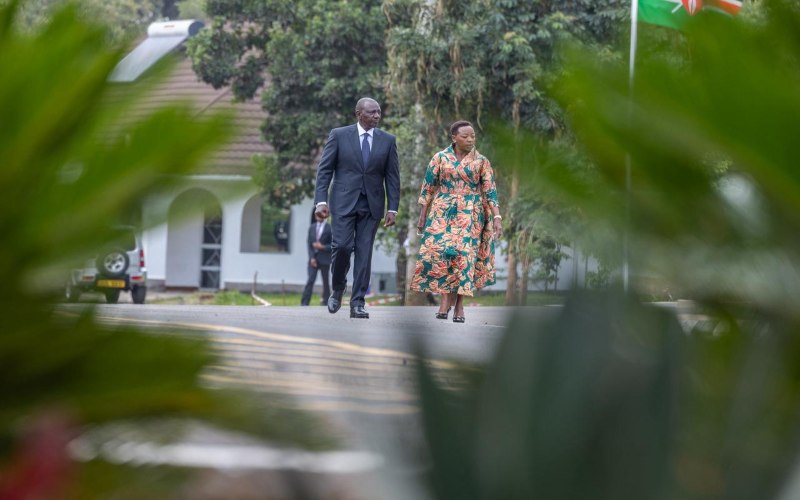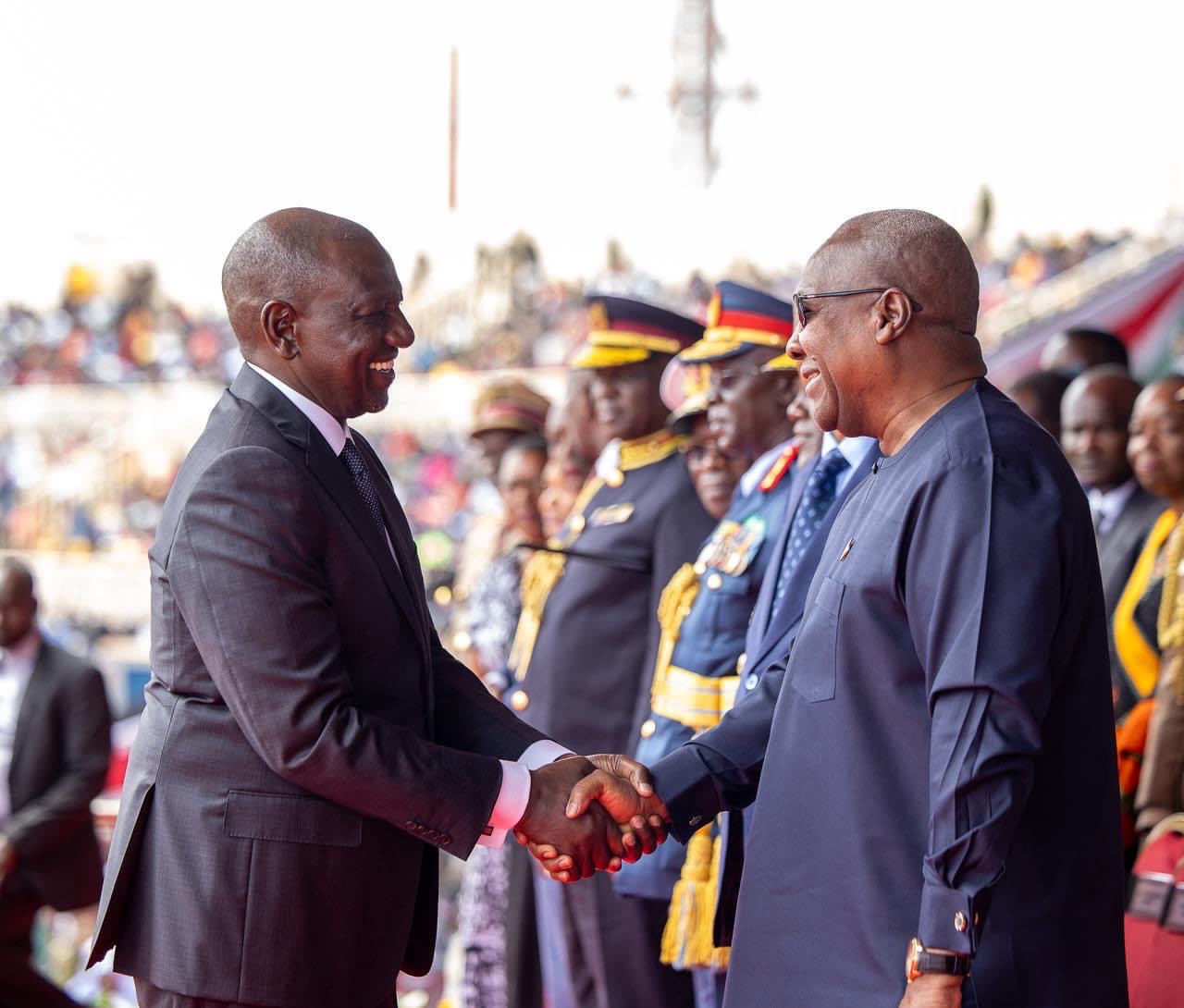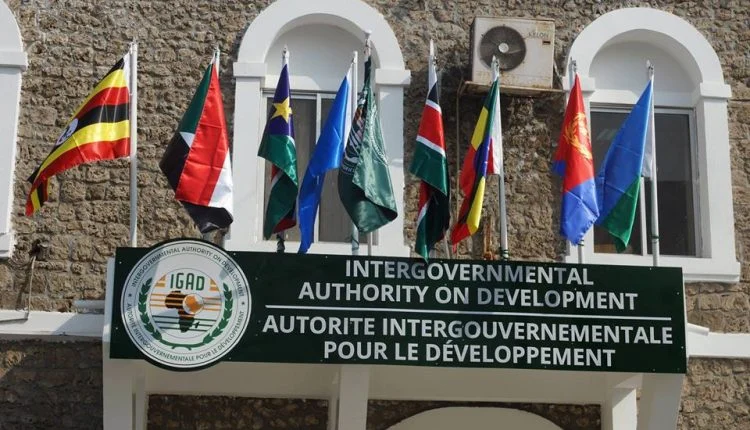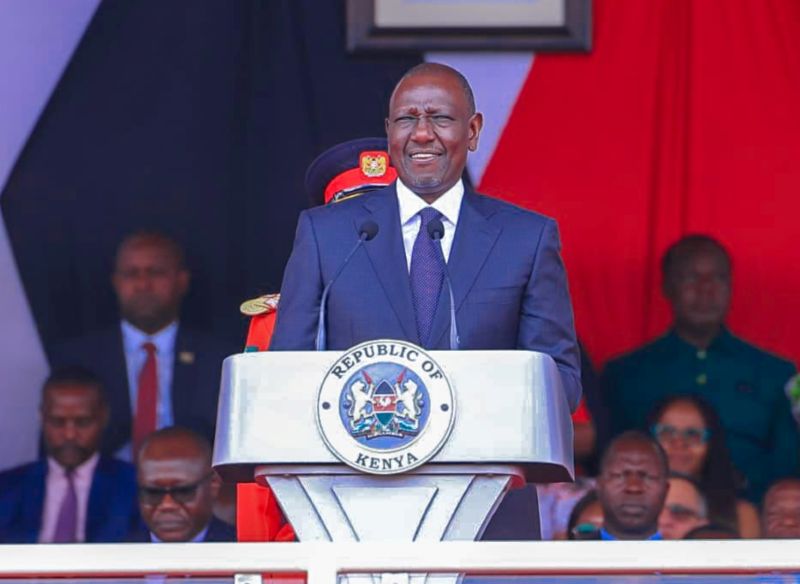Somalia's strategic leap: Navigating opportunities, challenges in East African Community
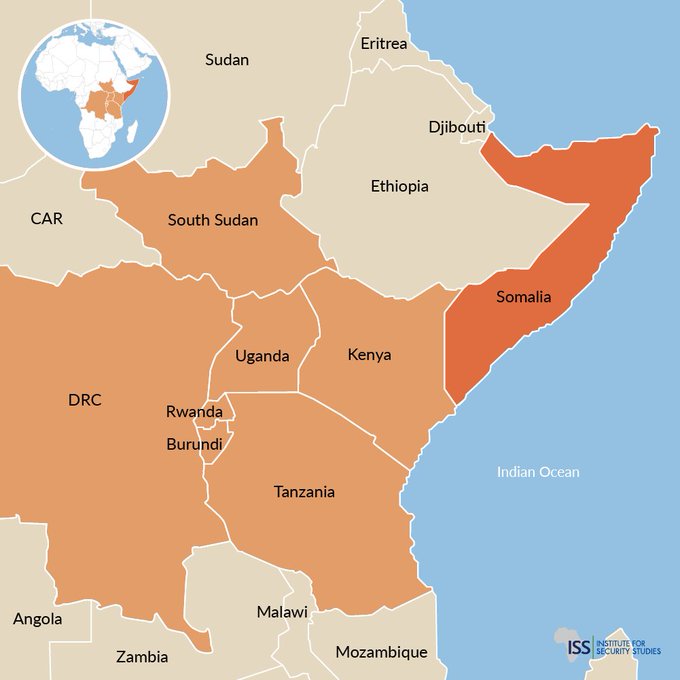
Somalia's recent accession to the East African Community (EAC) marks a pivotal moment in the nation's political, diplomatic, and economic landscape.
Somalia's recent accession to the East African Community (EAC) marks a pivotal moment in the nation's political, diplomatic, and economic landscape. This significant development not only strengthens ties within the region but also sets in motion new geopolitical and geostrategic dynamics. While the move is greeted with optimism by Somali politicians, diplomats, policymakers, and academics, the focus now shifts to harnessing the benefits while mitigating risks in the next phase of Somalia's journey.
With Somalia becoming the eighth member of the EAC, alongside Kenya, Uganda, Tanzania, Rwanda, Burundi, the Democratic Republic of Congo (DRC), and South Sudan, the economic regional block expands its reach from the Indian Ocean to the Atlantic Ocean. The addition of Somalia to the EAC increases the bloc's GDP to a total of USD 329.25 million, up from USD 321 million, according to Trading Economics.
More To Read
- Wetang'ula warns EAC arrests over travel documents threaten regional integration
- AfDB grants full debt relief to Somalia after decades of economic turmoil
- Trump faces rising backlash over remarks targeting Somali immigrants
- EAC and AGRA rally young entrepreneurs to transform regional food systems
- Somalia welcomes first group of Sudanese students under new scholarship programme
- Mogadishu’s Hamarweyne market shut for third day amid tax dispute
Incorporating Somalia's population into the EAC raises the region's total population to 317,247,564, presenting a significant opportunity for investors. Unlike the negative population growth rate experienced by the European Union, the EAC's positive growth rate signifies a massive potential market and labor force.
Somalia's extensive coastline, ranked the longest in Africa and eighth in the world, adds a crucial dimension to the economic prospects of the expanded EAC. The entry of Somalia is expected to boost commercial activities within the region, fostering increased trade, reducing conflicts, and enhancing overall stability. The principle of free movement of people and goods across member states will now extend to Somalia, promoting trade deals and economic collaboration.
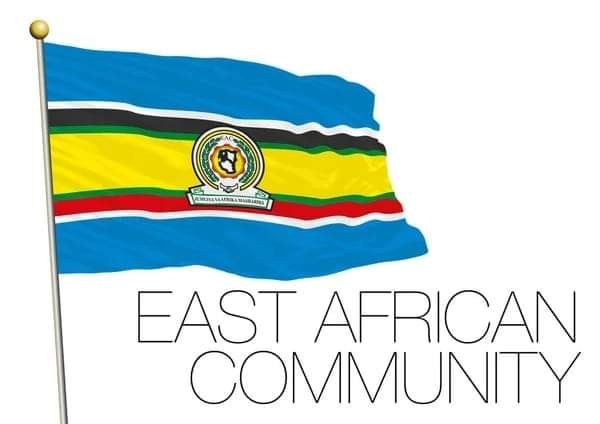 The East African Community flag.
The East African Community flag.
Somalia's accession to the EAC also promotes the growth and development of the Kiswahili language, strengthening regional cultural integration and facilitating communication among member states. This linguistic synergy is expected to contribute to the growth of Kiswahili in the Horn of Africa.
Addressing Somalia's long-standing struggle with political instability and the presence of extremist groups, joining the EAC provides access to a regional framework for collective efforts in combating terrorism, transnational crime, and other security threats. The EAC's security mechanisms, including the East African Standby Force, offer platforms for member states to collaborate in intelligence sharing, joint military operations, and capacity-building initiatives.
For a country with a significant diaspora population, Somalia's inclusion in the EAC is a vote of confidence in the economic bloc. This move is likely to encourage Somali nationals abroad to consider investing back home, fostering economic growth not only in Somalia but also in other East African member states.
In conclusion, Somalia's entry into the EAC is a remarkable achievement that positions the nation as an influential player in the expansive region. As Somalia navigates this newfound regional cooperation, strategic planning and implementation will be crucial in maximizing benefits while minimizing risks. This collaborative effort within the East African Community opens up immense opportunities for Somalia's economic and political development.
Top Stories Today








